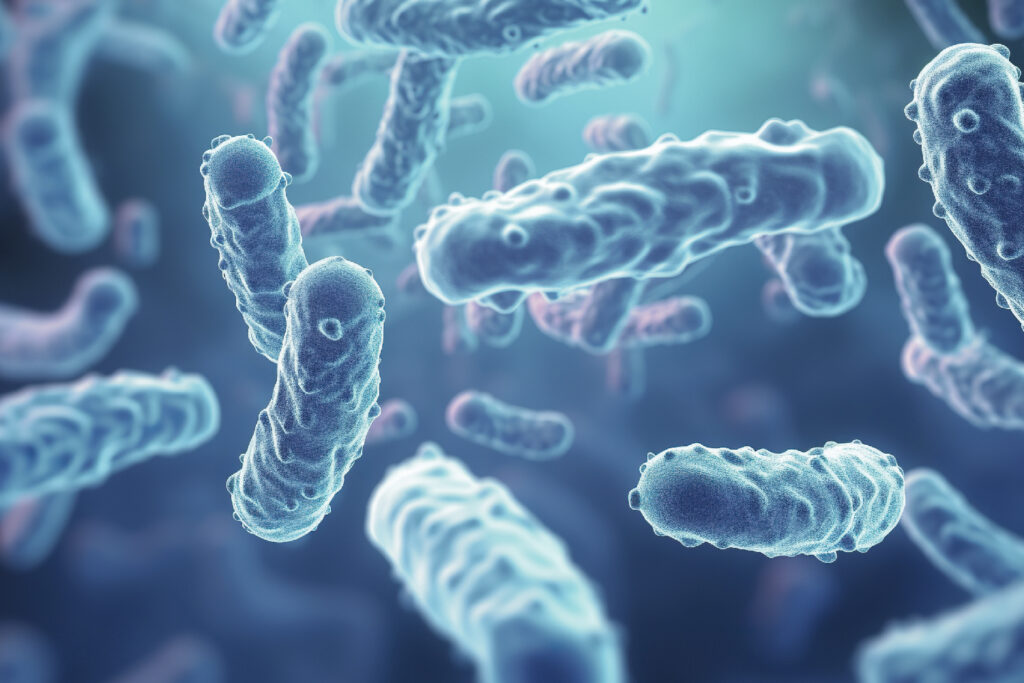Tea Compound EGCG May Work Through the Gut Microbiome, Review Finds
by Anna Sandhu | Oct 26, 2025
Reviewed by Dr. Arun, M.Pharm., PGDRA, Ph.D.

A new review reveals that EGCG—the major polyphenol found in green tea—may influence gut health by its interaction with gut microbes, digestion, and the body’s metabolism. The review appears in Advances in Nutrition.
The authors describe how EGCG’s chemical structure, its stability in the digestive tract, and its transformation by gut bacteria combine to affect health outcomes. Because EGCG is poorly absorbed in the upper gut, much of it reaches the colon. There, gut microbes transform it into smaller metabolites that appear to play a key role in its health benefits.
EGCG is known for many hydroxyl groups and a gallate moiety. The review explains that these structural features make the molecule less stable and harder for the body to absorb in its full form. Instead of being taken up in the small intestine, a significant portion travels to the colon where the gut microbiota step in. Once there, bacteria metabolize EGCG into compounds that may be more active or bioavailable than the original molecule itself.
The review highlights three main ways in which EGCG and its microbial-derived metabolites may support gut health:
- Maintaining the gut barrier – The intestinal lining protects our body from unwanted substances passing from the gut into the bloodstream. The review reports that EGCG and its metabolites may improve the integrity of this barrier by supporting the “tight junctions” between cells and reducing gut-derived inflammation.
- Modulating the microbiome – The composition of gut bacteria matters for health. According to the review, EGCG appears to influence which bacteria thrive in the gut. Studies show that green tea polyphenols can favour growth of beneficial bacteria (such as Akkermansia) and reduce overgrowth of potentially harmful ones. This shift in microbial community may help with digestion, metabolism and inflammation control.
- Linking to systemic health via gut pathways – Beyond the gut itself, the review connects EGCG-microbe interactions to broader health effects. The metabolites produced by gut bacteria after EGCG intake may influence oxidative stress, immune response and metabolic balance. Thus, EGCG may act not only as an antioxidant but as a mediator between diet, gut microbes and whole-body wellness.
Importantly, this review suggests that the health benefits associated with green tea may rely less on EGCG acting directly in the body and more on how gut microbes process it. The authors state that the interactions between EGCG and gut bacteria “sit at the heart” of many of the compound’s effects.

However, the review also cautions that much of the evidence comes from laboratory experiments and animal models. Human clinical trials measuring gut-microbiome changes alongside health outcomes remain limited. The authors stress that individual differences—such as gut microbiome composition, diet, absorption efficiency and genetics—will influence how EGCG is processed and how much benefit a person may see.
What does this mean for everyday readers? If you enjoy green tea or consider incorporating it into your lifestyle, this review offers three practical points:
- Green tea—via EGCG—may be more than a simple antioxidant drink; it may support gut health by working with your gut microbes.
- Because the benefits rely on gut bacterial metabolism, maintaining a healthy gut microbiome (via fibre-rich diet, moderation of antibiotics, varied plant foods) may enhance how your body responds to EGCG.
- While promising, this is not a green-tea “magic pill.” The review emphasises that the findings are supportive rather than definitive, and they do not prove that EGCG treats or prevents disease in humans at this time.
In short, the review by Yang, Chen and colleagues (2025) reposition EGCG: from a compound taken up and used directly, to one that acts through gut-microbial transformation and gut-barrier interaction. For gut-health enthusiasts, tea drinkers and nutrition readers, this offers a refreshed view: what you drink + how your gut works = potential value.
To summarize: EGCG is not just a compound in green tea—it may act as a bridge between diet, gut microbes and body health. The review offers robust rationale for why gut health matters when it comes to tea polyphenols. If you care about digestion, microbiome support or metabolic wellness, the review highlights one thing clearly: the state of your gut microbes may determine how well green tea supports your health.
While further research in humans is needed, this adds a meaningful layer of understanding to how green tea could support digestive and overall wellness.
More information: Tea Polyphenol EGCG and the Gut-Health Axis: Unraveling Structural Characteristics, Metabolic Pathways, and Systemic Benefits. DOI: https://doi.org/10.1016/j.advnut.2025.100545
